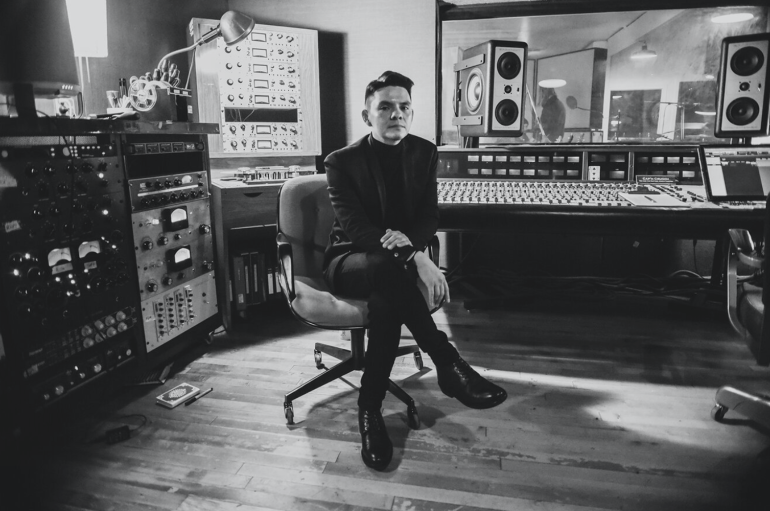
May 7, 2021 | 3:30PM
Zoom
El Disco es Cultura: Sonic Artifacts, Racial Geographies, and Latinx Chicago
Alex E. Chávez
Artist, Scholar, and Producer
Nancy O’Neill Assistant Professor of Anthropology, University of Notre Dame
In music production, a sonic artifact refers to sonic material that is accidental or unwanted, typically the result of the manipulation of sound. This understanding bears physical and figurative connotations: artifact as material alteration and as subjectively-defined auditory disturbance. Both meanings attune the act of listening to noise—the perception of which relies on normative conceptions of rationality. In this talk, I take up the sonic artifact as an aesthetic figure with which to listen to Latinx Chicago within the context of the racialized politics of urban territory. I ask, what place-making strategies emerge given the social reproduction of valuable forms of inequality and dispossession that render Latinx communities displaceable—or silent—and how are they amplified within the aural public sphere? “El disco es Cultura” provides one answer. As curatorial practice, it embodies a phonoaesthetic assemblage of transcultural and transhemispheric sounds that avails sonic artifacts as layered auditory experiences forged within the politics of displacement, pointing us toward the materiality of Latinx place-making aesthetics, forms of spatial entitlement, and auditory fields of social recognition.
About Alex E. Chávez
Artist-scholar-producer, Alex E. Chávez is the Nancy O'Neill Assistant Professor of Anthropology at the University of Notre Dame, where he is also a Faculty Fellow of the Institute for Latino Studies. His research explores articulations of Latinx sounds and aurality in relation to race, place-making, and the intimacies that bind lives across physical and cultural borders. He is the author of the multi-award-winning book Sounds of Crossing: Music, Migration, and the Aural Poetics of Huapango Arribeño (Duke University Press, 2017)—recipient of the Alan Merriam Prize from the Society for Ethnomusicology (2018). And in 2016 he produced the Smithsonian Folkways album Serrano de Corázon (Highlander at Heart).
He has consistently crossed the boundary between performer and ethnographer in the realms of both academic research and publicly engaged work as an artist and producer. Chávez has recorded and toured with his own music projects, composed documentary scores (most recently Emmy Award-winning El Despertar [2016]), and collaborated with Grammy Award-winning and Grammy Award-nominated artists.
His most recent publication is the article “Gender, Ethno-nationalism, and the Anti-Mexicanist Trope”—published in the 2021 winter issue of the Journal of American Folklore. And he also curated the liner notes for the 8th studio album “Puentes Sonorous” by the Grammy Award-winning group Quetzal—released on Smithsonian Folkways just this February. He is co-editor of the forthcoming edited volume Ethnographic Refusals / Unruly Latinidades (S.A.R. Press), which grows out of an Advanced Seminar he co-chaired at the School for Advanced Research in 2019.
In 2020, he was named one of ten Mellon Emerging Faculty Leaders by the Institute for Citizens and Scholars (formerly the Woodrow Wilson National Fellowship Foundation). Currently, he is a National Endowment for the Humanities Long-Term Fellow at the Newberry Library in Chicago and also serves as a Governor on the Chicago Chapter Board of the Recording Academy.
